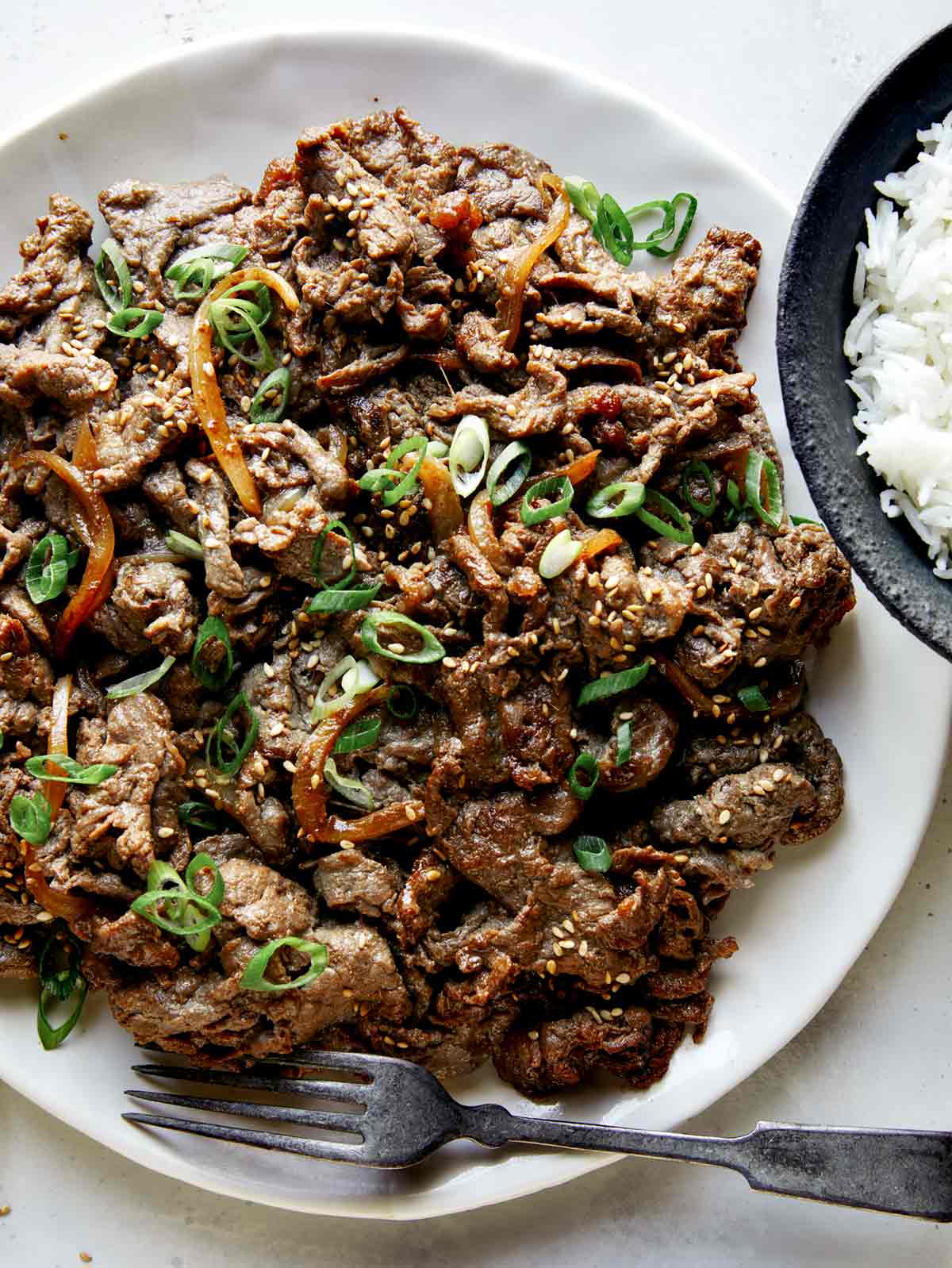Sourcing Lasting and Fairly Elevated Meat for Your Home
Sourcing Lasting and Fairly Elevated Meat for Your Home
Blog Article
From Farm to Table: Fresh and Premium Meat Choices
The trip of meat from ranch to table encapsulates a complex interplay of top quality, values, and sustainability. With an increasing focus on fresh and superior choices, consumers are now more likely to think about the origins of their food, causing a renewed concentrate on lasting farming practices and animal well-being standards. This shift not just boosts the dietary account of meat however likewise supports local economic climates. Nonetheless, the effects of these options expand much past personal health and regional farming. What does this mean for the future of food systems and consumer behaviors?
Comprehending Meat Sourcing
As consumers come to be significantly familiar with the origins of their food, comprehending meat sourcing has actually gained vital relevance. Meat sourcing involves tracing the trip of meat from farm to table, encompassing different variables such as farming practices, pet well-being, and ecological impact. This awareness equips consumers to make educated selections that align with their values, especially relating to sustainability and honest factors to consider.
The sourcing of meat can differ substantially based upon numerous requirements, including the kind of animals, farming techniques, and geographical area. For example, grass-fed beef typically originates from pasture-based systems that promote pet well-being and decrease ecological deterioration. On the other hand, traditional meat might include intensive farming techniques that elevate issues relating to antibiotic use and environment destruction.
In addition, traceability plays an essential duty in meat sourcing. Understanding the specific farm or area where the meat originates aids customers guarantee top quality and safety. Numerous customers now look for qualifications or labels that show gentle therapy and sustainable techniques, showing an expanding demand for transparency in the food supply chain. Ultimately, recognizing meat sourcing not only enhances customer option yet likewise cultivates liable usage and sustains honest farming methods.
Advantages of Fresh Meat
Selecting fresh meat offers many advantages that expand past flavor and appearance. Fresh meat normally retains greater dietary value compared to its frozen or refined equivalents. It is usually richer in vital minerals and vitamins, such as B vitamins, iron, and zinc, which are important for preserving total health and wellness.
In addition, the sourcing of fresh meat commonly includes much shorter supply chains, lowering the time in between farm and table. This suggests that the meat is much less most likely to shed its nutritional honesty during transport and storage. Furthermore, customers can experience boosted taste and juiciness, which can raise cooking experiences.
Fresh meat likewise gives a chance for consumers to sustain regional farmers and advertise sustainable agricultural practices. When buying from regional resources, individuals can contribute to their regional economic situation and foster a higher connection to the food they take in.
Last look at here now but not least, fresh meat is normally totally free from the chemicals and additives typically located in processed choices. This makes it a cleaner, much healthier alternative for those looking to reduce their consumption of man-made ingredients. In general, the benefits of choosing fresh meat encompass health and wellness, preference, and a sense of area engagement.
Pet Welfare Requirements
Guaranteeing high pet welfare standards is crucial for both moral blog factors to consider and the high quality of meat items. The treatment of animals directly affects not just why not try these out the honest ramifications of meat manufacturing but additionally the overall high quality and safety of the end items. Pets increased in gentle problems are much less stressed out, leading to healthier animals and, as a result, exceptional meat quality.
Laws and certifications concerning pet welfare have actually ended up being increasingly substantial in the meat sector. These frameworks guarantee pets are offered with adequate area, proper nutrition, and humane handling throughout their lives. Practices such as pasture-raised systems and free-range settings add to better animal welfare by enabling pets to show natural behaviors, which is critical for their health.
In addition, customers are ending up being much more critical pertaining to the sources of their meat, resulting in a growing need for products that adhere to stringent animal welfare standards. This change not just promotes ethical farming practices yet additionally encourages manufacturers to adopt actions that improve the health and wellness and welfare of their pets. Meat. Ultimately, prioritizing pet welfare is not just an ethical imperative; it is also a pathway to creating premium-quality meat that fulfills customer assumptions

Sustainable Farming Practices
Lasting farming techniques play an important duty in boosting both animal welfare and the quality of meat products. By implementing rotational grazing, farmers can advertise healthy field environments, enabling pets to feed on nutrient-rich turfs while avoiding overgrazing.
In addition, sustainable farming typically includes incorporated pest management and organic feed options, lessening the use of hazardous chemicals. This strategy not just safeguards animal well-being but likewise results in cleaner, safer meat products for consumers. Water conservation strategies, such as rainwater harvesting and efficient watering systems, even more add to sustainable practices, making certain that sources are used sensibly.
Additionally, fostering biodiversity via polyculture systems and protecting environments for wild animals boosts the resilience of farming environments. By prioritizing these sustainable methods, farmers can produce high-grade meat that satisfies customer demand while promoting environmental equilibrium. Inevitably, accepting sustainable farming techniques is necessary for creating an extra accountable and resistant food system that profits pets, farmers, and customers alike.
Deciding On Top Quality Over Quantity
Often, customers are confronted with the dilemma of picking in between amount and quality when it comes to meat products. While acquiring larger quantities may seem financially advantageous, the lasting benefits of choosing high-grade meat much exceed the immediate financial savings. Quality meat is frequently sourced from pets elevated in lasting settings, where they are given correct nutrition and care, bring about exceptional taste and dietary worth.
Top notch meats are generally without dangerous ingredients, hormonal agents, and anti-biotics that are often existing in mass-produced choices (Meat). This not only guarantees a healthier eating experience yet likewise sustains honest farming practices that prioritize animal well-being. Additionally, premium meats often tend to have a better appearance and flavor, enhancing the overall culinary experience
Purchasing quality meat encourages customers to value smaller sized parts, permitting a much more mindful approach to eating. This shift not only impacts personal health favorably yet likewise promotes lasting intake patterns that can profit the atmosphere. In conclusion, prioritizing top quality over amount when selecting meat items promotes a much more responsible and health-conscious way of living, ultimately improving both the dining experience and the world.
Verdict

Report this page